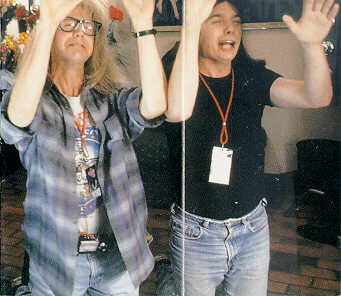The Construction of Change
Roy Ascott
The British seem to have the ability to summarize important concepts. Here, artist/technologist//writer/teacher Roy Ascott does that very well:
Art and Didactics
"
- Culture has been well defined as 'the sum of all the learned behaviors that exist in a given locality.'
- The work of art occupies a pivotal point between the two sets of behavior, the artist's and the spectators.
- Consequently the artist would do well to examine with some precision the nature of the special activity which gives rise to his own art.
- 'An organism is most efficient when it knows its own internal order.'
- The didactics of art, set against the discoveries of science, have concerned many artists in the past
- All art is, in some sense, didactic: every artist is, in some way, setting out to instruct. For instruction we mean to give direction, and that is precisely what all great art does."
- Art Shapes Life
- Through his work the artist learns to understand his existence
- Through culture it informs, art becomes a force for change in society
- The most extensive changes in our environment can be attributed to science and technology
- The artist's moral responsibility demands that he should attempt to understand these changes. Some real familiarity with scientific thought is indispensible to him. It is not enough to accept our condition, or simply enjoy it.
- The artist functions socially on a symbolic level. He acts out the role of the free man par excellence.
- Creative leaps are taken in science also. Science seeks to reduce the unpredictable to measurable limits.
- While it may have a symbolic or ritualistic function, it is generally see (sic) to operate in the practical works in consort with practical power.
- The culture to which art contributes, although it works without practical power, is responsible to a considerable extent for the director to which society moves
- It stands for that optimum of control and creativity to which man's practical life constantly aspires
"

No comments:
Post a Comment